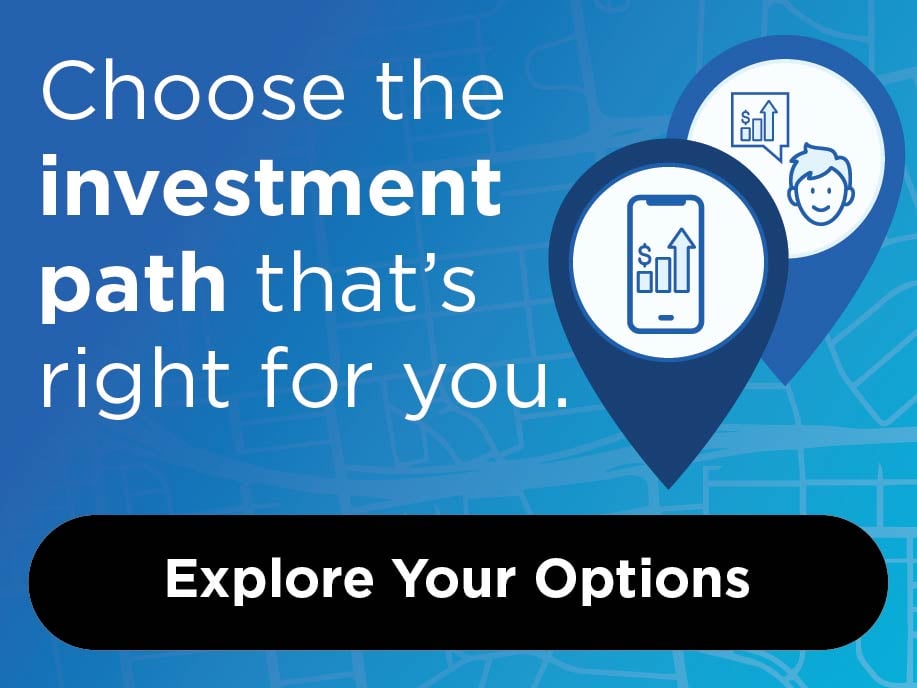
Buying a home is a significant milestone in one’s life. However, the journey to homeownership can be daunting, especially when you’re not financially prepared. Here are five steps to get you in a strong financial position before you buy a home.
Assess Your Financial Situation
Before diving into the home buying process, it’s crucial to look at your current financial situation including credit, income, assets and outstanding debts. Buying a home is a long-term commitment and you need to comfortably manage your mortgage payments, property taxes, homeowner’s insurance and maintenance costs. In addition, there are upfront costs to purchasing a house that you need to consider including appraisal fees, inspections, down payment, closing costs, prepaids for taxes and insurance and moving expenses.
Set Realistic Expectations
Set realistic expectations when preparing to buy a home. It’s a delicate balance between what you “want” vs what you can “afford.” Make sure your purchase area is compatible with current or future needs such as school districts, access to parks, highways and entertainment. It’s also important to understand you need to be flexible and know you may not be able to check off all your wants. Consider exploring more affordable neighborhoods or smaller properties that align with your budget. It’s generally accepted that no more than 28% of your gross monthly income should be spent on housing costs. This is just the first step towards home ownership, and you can always upgrade in the future.
Save for a Down Payment
When it comes to a down payment, the most common myth is that you need a 20% down payment to purchase a home. While having 20% down payment will allow you to avoid private mortgage insurance on certain loans and make your payments more affordable, it's not typically needed to qualify for the purchase. Most loan programs allow for 0-5% down payment, which can be great options to get you into a home sooner and keep more of your hard-earned savings in the bank.
CommunityAmerica’s Mortgage Options:
- Conventional Loans – This mortgage is great for borrowers with good credit. The minimum down payment is 3-5%.
- First-Time Homebuyer Loan – An adjustable-rate mortgage with a no money down payment option. This loan requires a minimum contribution of $500 towards closing costs.
- FHA Loan – Provided through the Federal Housing Administration (FHA), this mortgage is available with terms of 30, 20 and 15-year fixed rates. This is a great option for borrowers that have less than perfect credit and desire a lower down payment.
- VA Loan – If you served in the U.S. military or are on active duty, you’re eligible for competitive rates on a Veteran’s Administration loan with no money down.
- USDA Loan – If you plan on buying in a rural area, the United States Department of Agriculture backs loans with attractive options, such as no money down and competitive rates. You might be surprised what qualifies as rural, so be sure you talk to your lender early about what area you’re looking at.
Keep in mind that a smaller down payment may result in higher monthly mortgage payments or additional mortgage costs. For many people, mortgage insurance is affordable. It’s important to balance your down payment, monthly payment and savings after closing. You don’t want to spend all your hard-earned savings at the closing table. Keep some savings reserved as a rainy-day fund for unexpected expenses that may arise as a homeowner.
Improve Your Credit Score
A good credit score is crucial when applying for a mortgage. If your credit score is not where it needs to be, there are steps you can take to improve it. Keeping credit balances at or below 30% of your available credit, making payments on time and avoiding taking on new credit are things you can do to raise your credit score. A higher credit score can help you secure a better interest rate and rates on private mortgage insurance which can save you thousands of dollars over the life of the loan. Keep focusing on building your credit score even after you purchase your home. With time, you may be able to refinance the home and potentially qualify for a better interest rate and/or removal of mortgage insurance.
Seek Professional Guidance
Navigating the home buying process can be overwhelming. Working with an expert who can help take away the anxiety of buying a home when you’re not financially ready will make the homebuying process easier.
A CommunityAmerica Well-Being Mortgage Advisor can coach those who do not qualify to purchase a home now so they can purchase later. When you sit down with a Well-Being Mortgage Advisor, you will learn the entire mortgage process from how interest works, the correlation between rates, points and credit score to evaluating loan estimates and choosing a loan product that is best for your specific situation. Post-purchase, our Well-Being Mortgage Advisors can be a resource for situations or questions that may arise, including free expert guidance on your next financial goal in your life journey.
Getting in a strong financial position before you buy a home is a necessary step when buying a home. It takes careful planning, realistic expectations and a willingness to make compromises.





